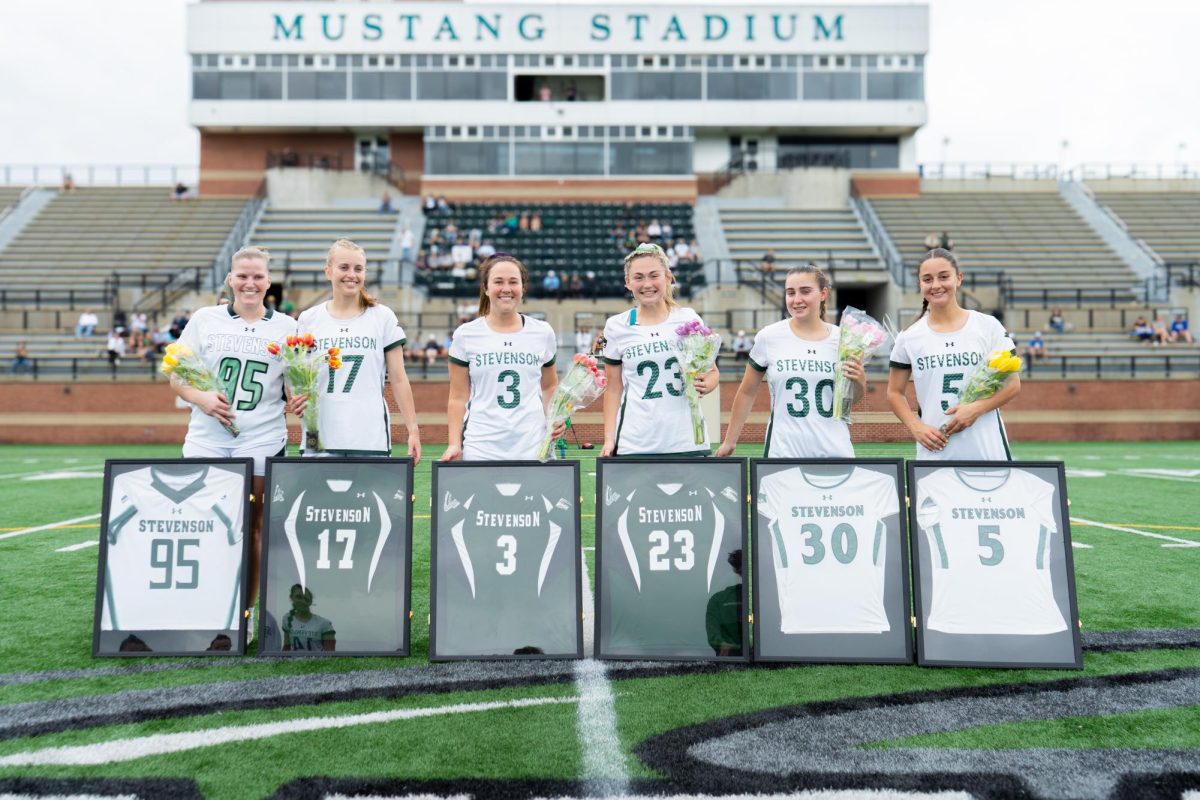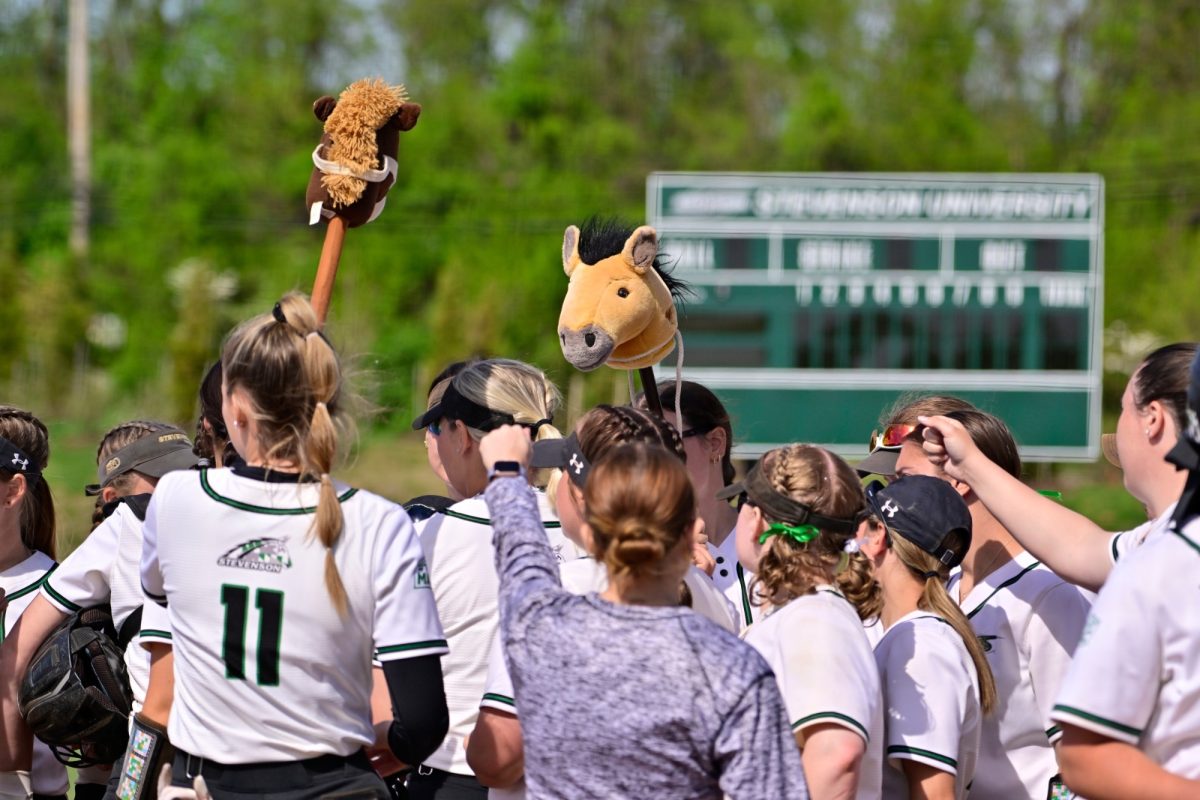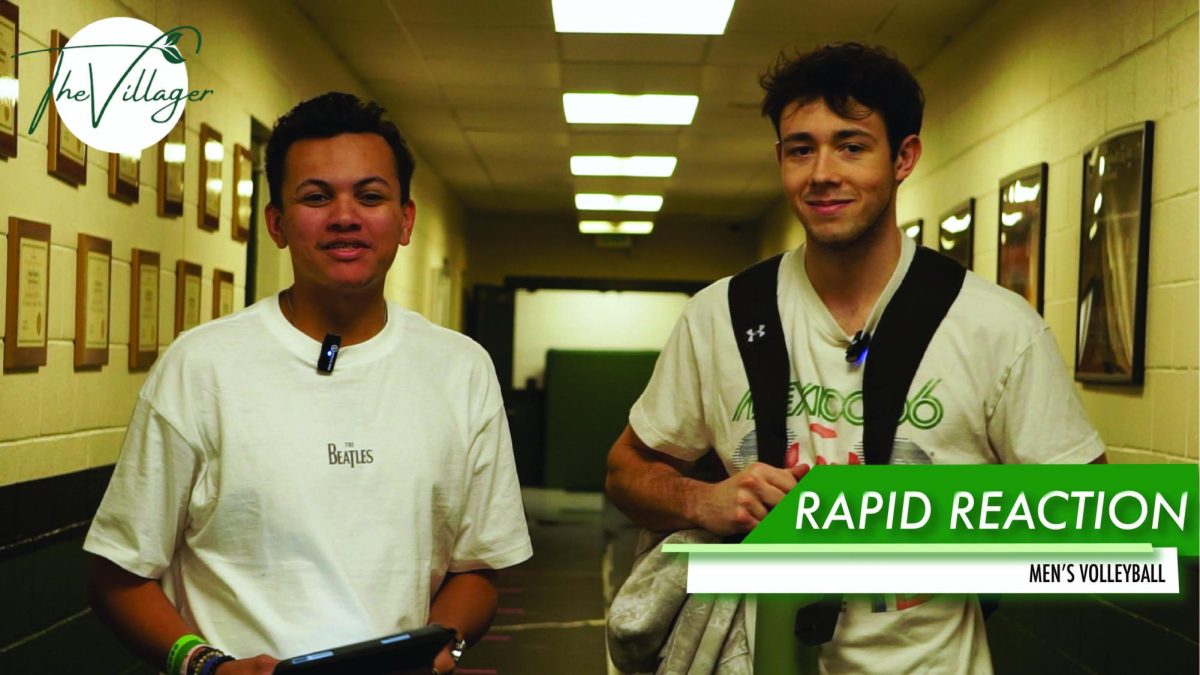Sustainable fashion is more than a trend—it’s a movement toward mindful consumption and community impact. I had the pleasure of speaking with Danielle Harris, founder and CEO of D7ETTA Corporation, a 501c3 nonprofit organization dedicated to fashion education and responsible consumption. In our conversation, Danielle shared her journey, the inspiration behind D7ETTA, and her vision for a more sustainable future.
Can you walk me through your journey into sustainable fashion? What inspired you to start D7ETTA Corp.?
Learning about sustainability in general came from my grandparents, specifically my grandmother, because she used to sew. So she sewed dresses. She used to work for a factory here in Baltimore. And she also used to plant, you know, she used to plant her own foods, fruits and vegetables. My grandfather, he dealt with cancer, so he didn’t really eat meat, unless he caught it, like fish. It was the only thing he ate. As far as meat, they didn’t eat out a lot. Many things were planted in their garden, and I watched my grandmother sew; she sewed my junior prom dress based on my idea. So that was great. And she also sewed my mom’s wedding dress when she was younger. So that’s where, you know, it came from. When I went to CCBC community college, I studied abroad; I went to Nicaragua, where I saw how they sew many garments, make things from scratch, and use what they have. They recycle what they have. Then, three, which was going into number two at Stevenson University, I learned more about sustainable fashion and the business aspect because I took a class where I believe Professor Simpson, and it was True Cost. That was like, okay, I gotta do something. So that’s where it came from. Then, the name was inspired by my great grandmother passing away, and my name, you know, is where D7ETTA came from. And seven is just one of my favorite numbers.
Was there a defining moment that made you realize the fashion industry needed change?
Watching True Cost, because, I’m like, a humanitarian, and, you know, I care for the people in the earth. So for me, I was like, we need to do something about it, and it’s also affecting, you know, our food chain, being able to use the soil to produce fruits and vegetables for ourselves, and, you know, we’re messing it up. We’re also messing up other people’s environment, where they live and grow food overseas. So that was my main reasoning for saying we need to do something about it.
What gaps in the industry does D7ETTA aim to fill?
So, specifically, education. I’m going to describe it based on the SDG sustainable development goals. Number 4 is education. We want to educate people in the communities around us, communities all over the world, if we can, which we will through, you know, workshops, webinars, even, you know, having customers where we redesign items for them, we’re still educating people through that process. Number 11, sustainable cities and communities, relates to education as well. But you know, making sure that the town stays sustainable in all different ways, having conversations with people, being in the community, going out to networking events and talking about it. So it’s basically like advocating for sustainability. And 12, responsible consumption and production. However, we mainly focus on responsible consumption because we want to use what we already have. So be responsible with what you already have, and then 17; partnerships with the goal of collaborations. Right now, D7ETTA corporation is in the process of just collaborating instead of always doing things ourselves. We’re looking to collaborate on this journey of advocating for sustainability. These are ways that we can fill in aim to help sustainability.
Can you share a story about a project or event that had a significant impact on the community?
Mainly our high school prom charity events. They’re very impactful because some students might not have the funding, or their parents might not have the funding to get them what they want. As you know, dealing with prom dresses, suits, accessories, or shoes. So, you know, those moments made me feel good, and it made the volunteers I had feel good in the school. Because, you know, unfortunately, many students and families don’t have the means to get the students what they need. So it’s fun because it builds community. It helps the students support each other when looking for a dress or a suit. They get to try it on, and it’s free. You know what? Everybody wants something free. So, yeah, that was one of my, you know, fun, impactful events. One of the students actually won prom queen wearing one of the dresses that we donated to her. So, it was definitely memorable.
How does D7ETTA balance fashion accessibility with sustainability?
We support the industry by educating the community, promoting secondhand, upcycled, and ethical fashion, and partnering with other organizations like Fashion Revolution and Remake, which we are ambassadors for. I’m connected with different people in both groups, and although they’re different organizations, they don’t mind; it’s still about sustainable fashion.
Pop-ups are such a powerful way to connect with people. What’s the most memorable pop-up you’ve hosted, and why?
So, I haven’t really hosted any pop-ups yet. Before I had the nonprofit, I used to do networking events where I would let small businesses come and talk about their business. But have it where it’s comfortable because you often go to networking events, and you have people that make you feel like it’s pressure on being perfect or having everything you know already established. So I created a platform where, like, you know, people who are still growing and trying to figure out their niche can come and talk about it to get feedback and support. So that’s what we have done. I have attended other pop-ups, and I have done two as a nonprofit, which were pretty good. It’s not really beneficial for the nonprofit entirely because we’re not really a merchandise-based business, but we do have bags, but not too much to sell versus other businesses. But it was great for the community and great for meeting people. I met this one guy who writes books, and my shirt said positive vibes that I had at the moment that I was selling. And he was like, oh, you know, he liked the t-shirt. And, you know, he gave me a book. So, yeah, like, that was, it was, it was good building community.
When it comes to clothing donations, what are the biggest misconceptions people have?
As D7ETTA is collecting donations, it’s difficult because people often dump the stuff on you. Oh, here we have this to donate. But you know what about the items that nobody wants? You have to throw them away or give them to another organization that might throw them away as well. You know, properly storing the products and the items can be difficult. Sometimes, people donate things that are damaged already as well. So it’s like you have to throw it away. So, places like Goodwill throw away many items, but I’m sure they’re not the only ones. Still, it’s only because the item is not useful, even though the other corporation gives things away for free, but you still have those items nobody wants. My whole reason for saying that is to buy less. You don’t need a lot of things. I feel like the donating thing is misleading because when you create things, it’s created matter, and there’s nowhere to go besides the trash, which is still in the landfill.
I’ve spoken a bit about this in my first news curation post, about how many people just think, like, oh, well, if I can buy this, it’s okay because I can just donate it, and someone else can use it. But a lot of the times, the donations, like you said, aren’t usable. I’ve seen stuff in thrift stores, and I’m like, this is just like junk. Like, I don’t know why it’s even being sold.
Yeah, because once it’s created, there’s no way to eliminate it. It’s like we have trash, but it’s not thrown away; there is no way to really throw it away. The item still exists somewhere.
What changes would you like to see in the fashion industry over the next 5 years?
Stop overproduction, establish operational integrity laws, and get more companies supporting and advocating for sustainability. I don’t know how much that will work because they want money. I also want to see fewer fast-fashion, fashion shows and more meaningful fashion shows. In addition to redesigning what we have, many people make pieces for these fashion shows, which no one would wear regularly or at all because they are for entertainment. So yeah, fewer fast-fashion fashion shows, no more overproduction, and more businesses advocating for sustainability.
Are there any underrated sustainable practices that you wish more people knew about?
The consumer knowing precisely what they’re wearing, and knowing the fibers that they’re wearing. That’s the main thing that comes to mind. Because if people were more aware of what materials they were wearing, they would probably buy less. As well as repair what they already have and use the things they already have. For example, we order many things from different places like Amazon; whether it’s clothes or a phone or something, we have boxes, and you can redesign that box into a storage solution. That was one of the workshops where I collaborated with a home organizer. So it’s like using what we already have. There are so many ways that we can use what we already have, but most of the time, the materials they’re putting on their bodies, I feel like if they knew that, they would be more mindful.
I briefly touched on that, too. The material part is more about shopping secondhand consciously. If people knew more about the wear and durability of different fibers, and that stuff like polyester doesn’t last very well, and that it’s super common nowadays, I feel like most people are just used to polyester stuff. Knowing more about that would make people want to choose more natural fibers that last longer.
How do you navigate the challenges of greenwashing and help consumers make more informed choices?
By letting them know, it’s more like asking them questions. It relates to the first question, Do you know what you’re wearing? So when I have little workshops or webinars, I would ask them to look up the materials they’re wearing. And I’ve had people say I spent $200 on this. Are you serious? So it helps them understand that you just spent $200 on plastic. That’s not doing you any justice, and it’s not doing the earth any justice or your money or your pockets because you could have spent that money on something more meaningful. So that’s how I help navigate greenwashing, and like helping consumers understand sustainable fashion, because now they know that is technically greenwashing because it’s not an organic material. It doesn’t last long, and I’m wearing something harmful to me and my family, and letting them know that once you buy one item, they’re automatically making more. Your $200 is going to go into billions because, you know, we are buying more, and they keep producing more.
What keeps you motivated to push for change, even when progress feels slow?
This one is big, and a lot of times, it isn’t easy. Even though I grew up in Baltimore, not many people here are into sustainable fashion or know about sustainable fashion. They know about thrifting but don’t necessarily understand why it’s important. So for me, I, you know, God, I pray about it and say I am faithful to what I believe in. And you know, when people ask me questions and things like that, I embrace it because they’re just curious. You see, they want to learn more about what I do.
If you could give one piece of advice to someone wanting to get involved in sustainable fashion, what would it be?
Standing on your word, staying strong. There will be a lot of naysayers, so you gotta stand strong on what you you know, believe in, and pray about it. I know everybody has their own beliefs and everything, but I would say pray about it and meditate on it because, you know, it’s all in believing in yourself and believing that you’re going to get to this goal and be confident about it. So that’s where that standing your ground comes from. As I mentioned before, embrace the questions. Now, you have some people that will ask you questions to intimidate you. I’ve gotten that before, too, from friends and family. A question I’ve gotten before is, “so you think they’re going to stop selling fast fashion?”. I’m like, you know, if we can decrease it, it would be good if they open their minds up for other ways to make money. Instead of, you know, greenwashing, produce less and make more unique pieces. Don’t let anybody make you mad about your idea or get you upset. Sometimes, people will bother you and ask you many questions. And sometimes you just let them know, this is what sustainability is. This is what sustainable fashion is. How about you go look it up? You know yourself because you don’t want to keep wasting your time and energy on someone who’s ignorant of it, and you just keep picking fights with you about it. They can research for themselves.
What’s next for D7ETTA? Any exciting projects or goals on the horizon?
So right now, I am revamping D7ETTA to improve it so we can invest in what we believe in better because we weren’t getting enough revenue. So now we’re going to go in a route where it can support building up to be a corporation in a more sustainable way because we need funding. So, other than that, we do have projects coming up for which we’re looking for volunteers to help us out. I do have one volunteer; she’s in college as well. But we’re looking for individuals who know how to sew, who would come out and help with the workshops. We’re going to be collaborating with different organizations in April. We might also be doing a fashion show in June, the Refashion Show. I did it last year; it was so fun. It was nice to be around people who understand sustainable fashion and are really into it. So yeah, that’s what we have coming up soon. I don’t want to give out too much, as I’m mindful of how I’m learning. We have stuff coming up amid our revamping.
Where can people learn more, support your work, or get involved?
My Instagram page is @D7ETTA.CORP, and you can follow us on Facebook at D7ETTA Corporation. We also have a website: www.d7ettacorp.org. We are in the process of changing it, but it’s still the old site. You can email me at D7ETTAcorp.info@gmail.com. We currently do interviews for people interested in sustainable fashion, sustainability in general, and the sustainability field in general, but not necessarily fashion. So, if anyone is open to being interviewed, email D7ETTA.
Danielle’s passion for sustainable fashion and community education powerfully reminds us that change starts with knowledge and action. Whether through upcycled fashion, thoughtful donations, or simply learning more about what we wear, we all have a role in shaping a more sustainable industry. If you’re inspired to get involved or want to support D7ETTA’s mission, connect with them on social media or visit their website to learn more.


























































